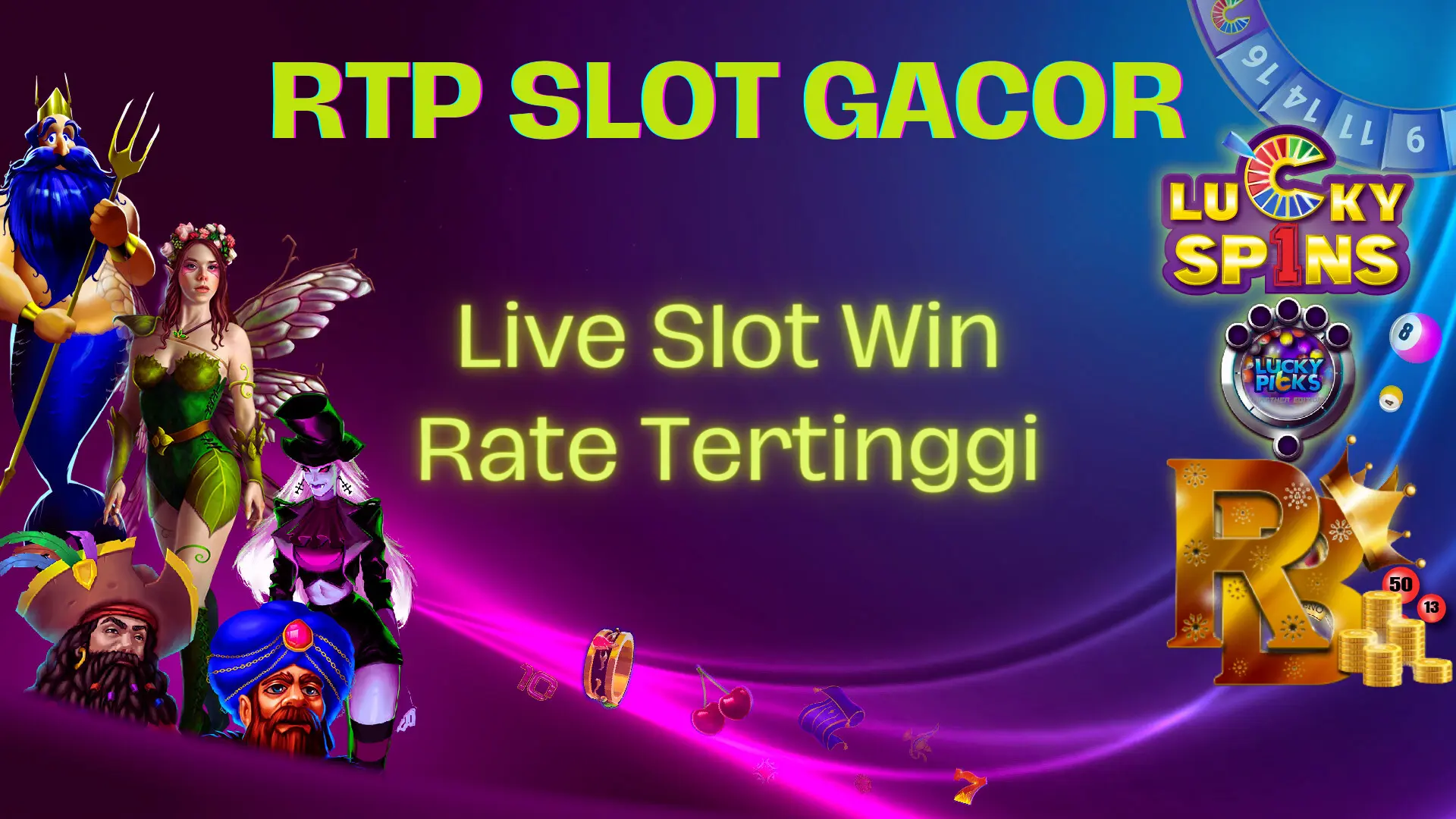In the vast landscape of modern entertainment, online gaming stands as a towering colossus, captivating millions of enthusiasts worldwide. From the humble beginnings of text-based adventures to the immersive virtual realms of today, the journey of online gaming is a testament to human ingenuity and technological advancement. Let’s delve into the evolution, significance, and impact of online gaming in our contemporary society.
The Evolution of Online Gaming
Online gaming traces its roots back to the early days of computer networking. In the 1970s and 1980s, rudimentary multiplayer games like MUDs (Multi-User Dungeons) laid the groundwork for collaborative virtual experiences. As technology progressed, so did the complexity and scale of online games. The advent of the internet democratized access, enabling players from around the globe to connect and compete in real-time.
The 1990s witnessed a paradigm shift with the emergence of graphical MMORPGs (Massively Multiplayer Online Role-Playing Games) such as Ultima Online and EverQuest. These expansive virtual worlds fostered social interaction, exploration, and cooperative gameplay on an unprecedented scale.
Fast forward to the 21st century, and online gaming has transcended traditional boundaries. The rise of esports has transformed gaming into a professional sport, attracting massive audiences and lucrative sponsorships. Games like League of Legends, Dota 2, and Counter-Strike: Global Offensive have become synonymous with competitive gaming, with tournaments offering millions in prize money.

The Significance of Online Gaming
Online gaming serves as more than mere Rtp Slot entertainment; it’s a dynamic medium for socialization, skill development, and cultural expression. For many, gaming is a communal experience, fostering friendships and communities transcending geographical barriers. Virtual worlds provide a safe haven for self-expression, allowing individuals to experiment with identities and forge meaningful connections.
Moreover, online gaming promotes cognitive abilities such as problem-solving, strategic thinking, and teamwork. Complex game mechanics and competitive environments compel players to adapt and innovate, honing valuable skills applicable in various facets of life. Studies have shown correlations between gaming proficiency and enhanced cognitive function, dispelling the notion of gaming as a purely frivolous pursuit.
The Impact of Online Gaming
The pervasive influence of online gaming extends beyond leisure, permeating education, economy, and culture. Educational institutions have embraced gamification as a pedagogical tool, leveraging game mechanics to enhance student engagement and learning outcomes. Game-based learning platforms offer interactive experiences that cater to diverse learning styles, fostering a deeper understanding of complex subjects.
Economically, the gaming industry has burgeoned into a multi-billion dollar behemoth, driving innovation and employment opportunities worldwide. Game development studios, streaming platforms, and esports organizations form a robust ecosystem that fuels technological advancement and cultural exchange.
Culturally, online gaming has become a cornerstone of contemporary society, shaping trends, memes, and shared experiences. From virtual concerts within gaming environments to grassroots charity events organized by gaming communities, the influence of gaming transcends the confines of the digital realm.
Conclusion
In conclusion, online gaming stands as a testament to human creativity, connectivity, and adaptability. From its humble origins to its current prominence, the evolution of online gaming reflects the intersection …





